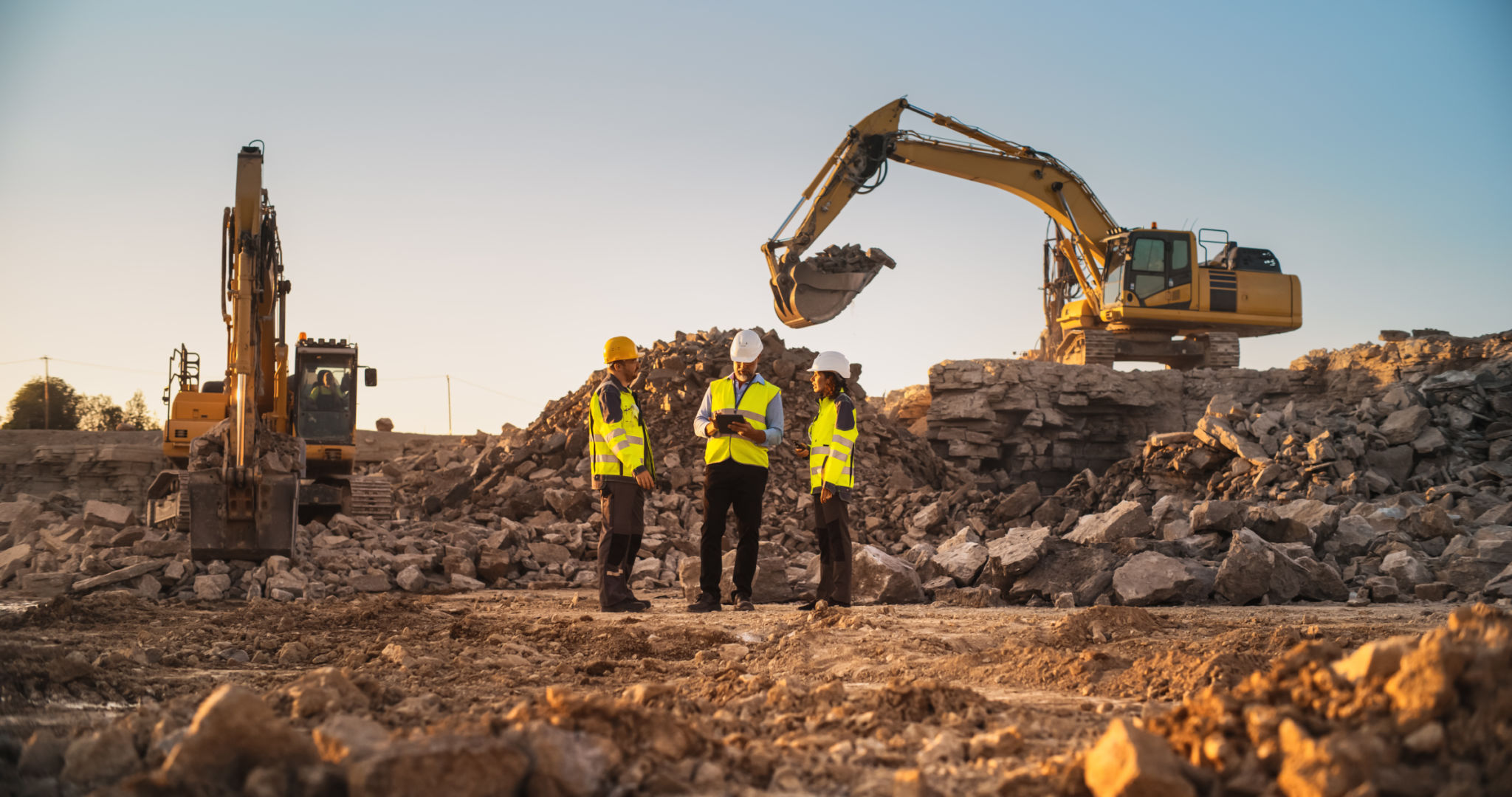Preparing for Road Construction Projects: A Step-by-Step Guide
KT
Understanding the Scope and Objectives
Before embarking on a road construction project, it's crucial to fully understand the scope and objectives. This involves defining the project's goals, the area to be covered, and the specific outcomes expected. A clear understanding of the project's scope helps in resource allocation and timeline estimation. Engage with stakeholders to gather insights and ensure that all requirements are met.
Setting clear objectives allows for better planning and execution. It's essential to consider various factors such as traffic flow improvements, safety enhancements, and environmental impacts. By prioritizing these elements, you can ensure that the project aligns with community needs and regulatory guidelines.

Conducting a Detailed Site Analysis
Conducting a thorough site analysis is a critical step in preparing for road construction projects. This process involves evaluating the current conditions of the site, including soil composition, existing infrastructure, and potential hazards. A detailed site analysis helps in identifying challenges and opportunities that may influence the design and construction approach.
Use advanced surveying techniques and technology to gather accurate data. This information will serve as the foundation for developing a comprehensive construction plan, ensuring that all potential issues are addressed before they become costly problems.
Developing a Comprehensive Plan
With a clear understanding of the project scope and site conditions, the next step is to develop a comprehensive construction plan. This plan should outline every phase of the project from start to finish, including timelines, resource requirements, and budget forecasts. Collaborate with engineers, architects, and project managers to ensure that the plan is both feasible and efficient.
A well-structured plan serves as a roadmap for the entire project, helping to keep all team members aligned and focused on achieving the desired outcomes. Regular reviews and updates to this plan are necessary to accommodate any changes or unforeseen circumstances that may arise during construction.

Securing Permits and Approvals
Securing the necessary permits and approvals is an essential step in road construction projects. This process involves liaising with local government agencies and regulatory bodies to ensure compliance with all legal requirements. Obtaining these permits early in the planning stage can prevent costly delays and ensure a smooth progression of work.
Keep track of all documentation and maintain open communication with regulatory authorities throughout the project. This proactive approach not only facilitates compliance but also builds trust and transparency with stakeholders.
Resource Allocation and Procurement
Effective resource allocation is vital for the successful execution of road construction projects. This includes identifying and securing the necessary materials, equipment, and labor required for each phase of the project. Developing a procurement strategy helps in managing costs and ensuring timely delivery of resources.
Consider factors such as supplier reliability, material quality, and logistical challenges when planning your procurement process. Establishing strong relationships with suppliers can lead to better pricing and more flexible delivery options.

Implementing Safety Measures
Safety is a paramount concern in any road construction project. Implementing comprehensive safety measures protects workers and the public while minimizing potential risks. Develop a safety plan that includes training programs, emergency procedures, and regular safety audits to maintain high standards throughout the project.
Ensure that all team members are aware of safety protocols and have access to the necessary protective equipment. Regularly review and update safety measures to adapt to changing conditions or new regulations.
Monitoring Progress and Quality Control
Monitoring progress and maintaining quality control is essential for delivering successful road construction projects. Establish performance metrics and conduct regular inspections to ensure that work meets established standards. Use technology to track progress in real-time, enabling timely interventions when deviations occur.
Encourage feedback from team members and stakeholders to identify areas for improvement. Maintaining open communication channels helps in resolving issues quickly and efficiently, ensuring that the project stays on track.

Finalizing the Project
As the road construction project nears completion, focus on finalizing all aspects of the work. Conduct thorough inspections to verify that all objectives have been met and that the quality of work is satisfactory. Address any remaining punch-list items promptly to ensure a smooth handover.
Finally, compile all documentation, including permits, plans, and reports, for future reference. A successful handover not only marks the end of a project but also sets the stage for future collaboration with stakeholders.
